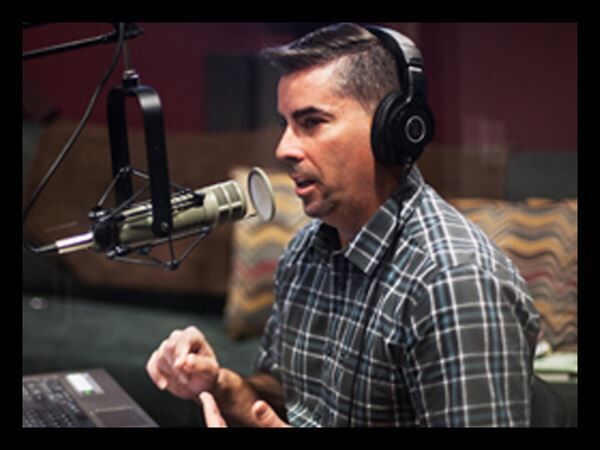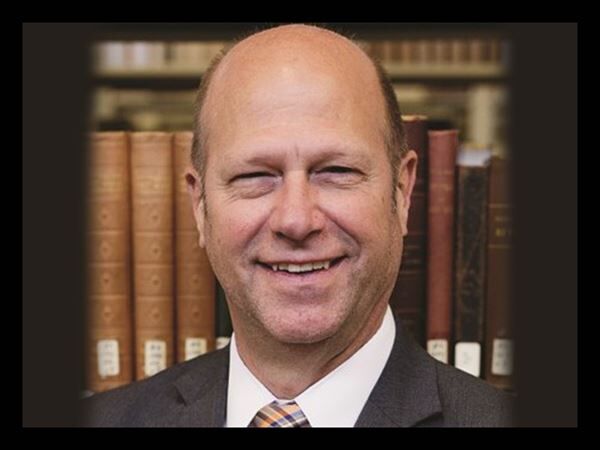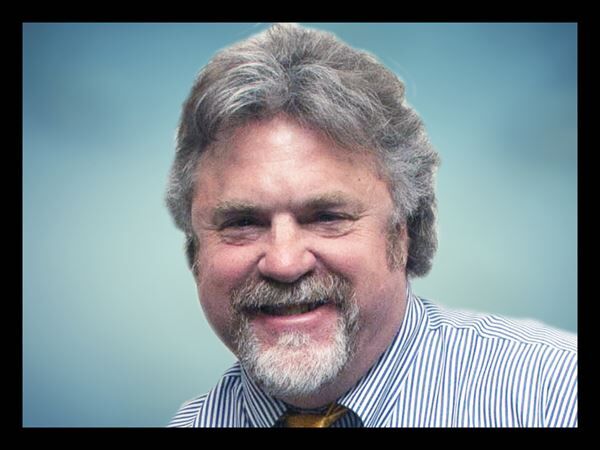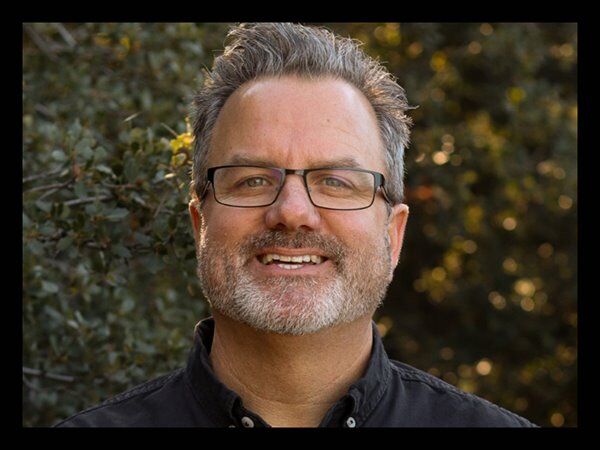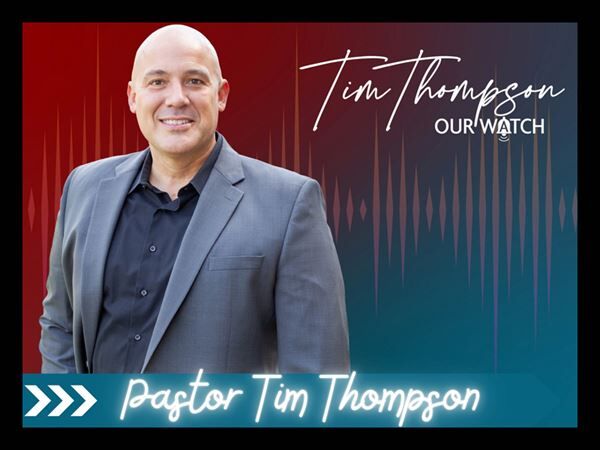Iran weighs confrontation or diplomacy after UN sanctions reimposed over its nuclear program
News > Top Stories

Audio By Carbonatix
10:55 PM on Saturday, September 27
By JON GAMBRELL and AMIR VAHDAT
DUBAI, United Arab Emirates (AP) — Iran's theocracy prepared Sunday for a possible confrontation with the West after the United Nations reimposed sanctions over its nuclear program, even as some pushed for continued negotiations to ease the economic pain squeezing the country.
The sanctions imposed before dawn Sunday again freeze Iranian assets abroad, halt arms deals with Tehran and penalize any development of Iran’s ballistic missile program, among other measures. It came via a mechanism known as “snapback,” included in Iran’s 2015 nuclear deal with world powers.
Iran's Parliament briefly denounced the sanctions before going into a closed-door session likely to discuss the country's response, which could include abandoning the Nuclear Nonproliferation Treaty and rushing for the bomb. People worry about a new round of fighting between Iran and Israel, as well as potentially the United States, as missile sites struck during the 12-day war in June now appear to be being rebuilt.
Meanwhile, Iran's rial currency fell to a new record low of 1.1 million to $1, sending food prices even higher and making daily life that much more challenging.
“The government must negotiate. This is a world of business," said Mohsen Rahaei, a 49-year-old Tehran resident. "One must get along with everyone, with all countries. Until when we want to fight? We won’t gain anything.”
Iran tried a last-ditch diplomatic push at the U.N. General Assembly in New York this week, but efforts by its officials, as well as China and Russia, failed to stop the sanctions.
Speaking to the Young Journalists Club, which is affiliated with Iranian state television, lawmaker Ismail Kowsari said Parliament would discuss withdrawing from the nuclear treaty. Nonproliferation experts fear such a move could see Iran follow a path first laid down by North Korea, which said it abandoned the treaty before obtaining nuclear weapons.
Kowsari however said it wouldn't mean Iran would go for the bomb. Such a move would need the approval of Iran's 86-year-old Supreme Leader Ayatollah Ali Khamenei. Iranian diplomats have long pointed to Khamenei’s preachings as a binding fatwa, or religious edict, that Iran won’t build an atomic bomb.
Parliament Speaker Mohammad Bagher Qalibaf issued his own warning to those who would honor the U.N. sanctions as the chamber began meeting Sunday.
“We announce that if any country wants to take action against Iran based on these illegal resolutions, it will face serious reciprocal action from Iran, and the three European countries that are the initiators of this illegal action will also face our reaction,” Qalibaf said without elaborating, according to a report by the state-run IRNA news agency.
Parliament soon after entered a closed session, without any formal announcement on what, if anything, was decided.
Leaders in both Iran's regular military and its paramilitary Revolutionary Guard both issued statements Sunday, warning that their forces were ready for any possible attack. Concerns have grown among the public that Israel could launch a new attack in the wake of the sanctions.
Israel's Foreign Ministry applauded the sanctions being reimposed.
“The goal is clear: prevent a nuclear-armed Iran,” the ministry said. “The world must use every tool to achieve this goal.”
France, Germany and the United Kingdom triggered “snapback” over Iran 30 days ago, citing Tehran's restrictions of monitoring its nuclear program and the deadlock over its negotiations with the U.S.
Iran further withdrew from the International Atomic Energy Agency monitoring after Israel’s war in June, which also saw the U.S. strike nuclear sites in the Islamic Republic.
Meanwhile, Iran still maintains a stockpile of uranium enriched up to 60% purity — a short, technical step away from weapons-grade levels of 90% — that is largely enough to make several atomic bombs, should Tehran choose to rush toward weaponization.
Iran has long insisted its nuclear program is peaceful, though the West and IAEA say Tehran had an organized weapons program up until 2003.
The three European nations on Sunday said they “continuously made every effort to avoid triggering snapback.” But Iran “has not authorized IAEA inspectors to regain access to Iran’s nuclear sites, nor has it produced and transmitted to the IAEA a report accounting for its stockpile of high-enriched uranium.”
The nations also noted Iran enriches uranium at a level that no other peaceful program does.
U.S. Secretary of State Marco Rubio praised the three European nations for “an act of decisive global leadership” for imposing the sanctions on Iran and said “diplomacy is still an option.”
“For that to happen, Iran must accept direct talks,” Rubio said.
Tehran has argued the three European nations shouldn’t be allowed to implement snapback, pointing in part to America’s unilateral withdrawal from the accord in 2018, during the first term of President Donald Trump’s administration.
Iranian Foreign Minister Abbas Araghchi, speaking to Iranian state TV before the sanctions were imposed, sought to downplay the effect U.N. sanctions would have on the country.
“It will have some damages, some losses for us," Araghchi said Saturday night. "However, they have presented it in their own media as something far greater and much bigger than it actually is, and they have tried to create a monster to frighten the Iranian people and then force our government and our foreign policy to give concessions and pay tribute in this regard.”
However, the Iranian public already say they feel the pinch of sanctions with the rial's fall and other economic pressures. One Tehran resident, who gave only his first name Najjari for fear of reprisal, warned against abandoning negotiations.
“If we continue to get into a fight with the outside world and become isolated like North Korea, good things won’t happen at all,” he said. "We’re already seeing the impact of this, the dollar rate is going up.”
___
Vahdat reported from Tehran, Iran.
___
The Associated Press receives support for nuclear security coverage from the Carnegie Corporation of New York and Outrider Foundation. The AP is solely responsible for all content.
___
Additional AP coverage of the nuclear landscape: https://apnews.com/projects/the-new-nuclear-landscape/






